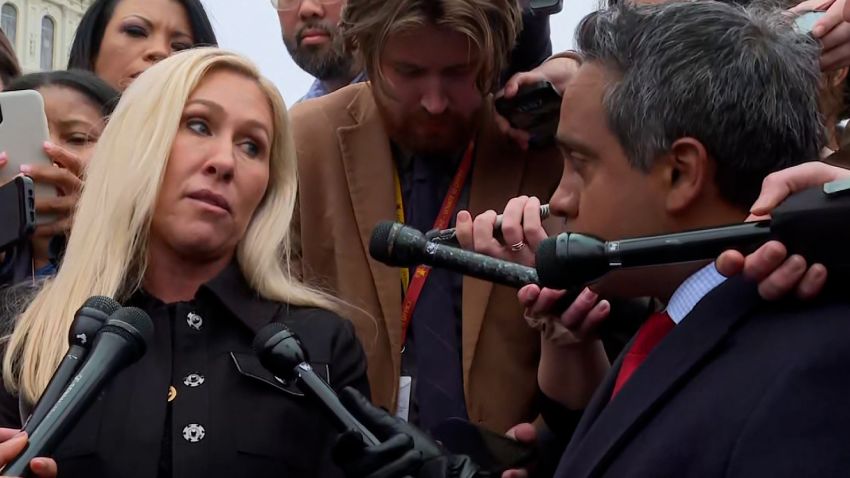What we covered here
- Funding agreement: A partial US government shutdown was dramatically averted early Saturday as the Senate approved a funding package after the midnight deadline. The House had passed the bill on Friday by a vote of 286-134, with 112 Republicans and 22 Democrats voting against it. The legislation now goes to President Joe Biden’s desk for his signature.
- Key moment for Congress: The vote marks a major moment on Capitol Hill as it brings to a close an annual appropriations process that has dragged on far longer than is typical – an effort that has been punctuated by partisan policy disagreements and a historic change of leadership in the House after conservatives ousted former Speaker Kevin McCarthy in an unprecedented vote last year.
- GOP opposition: Meanwhile, Republican Rep. Marjorie Taylor Greene filed a surprise motion to oust Speaker Mike Johnson after the bill passed in the House. Greene’s motion is the most strident challenge to the Louisiana Republican’s leadership to date and is a sign of a growing revolt from the right.
Our live coverage from Capitol Hill has ended. Please scroll through the posts below for full coverage of the passage of the government funding legislation.

